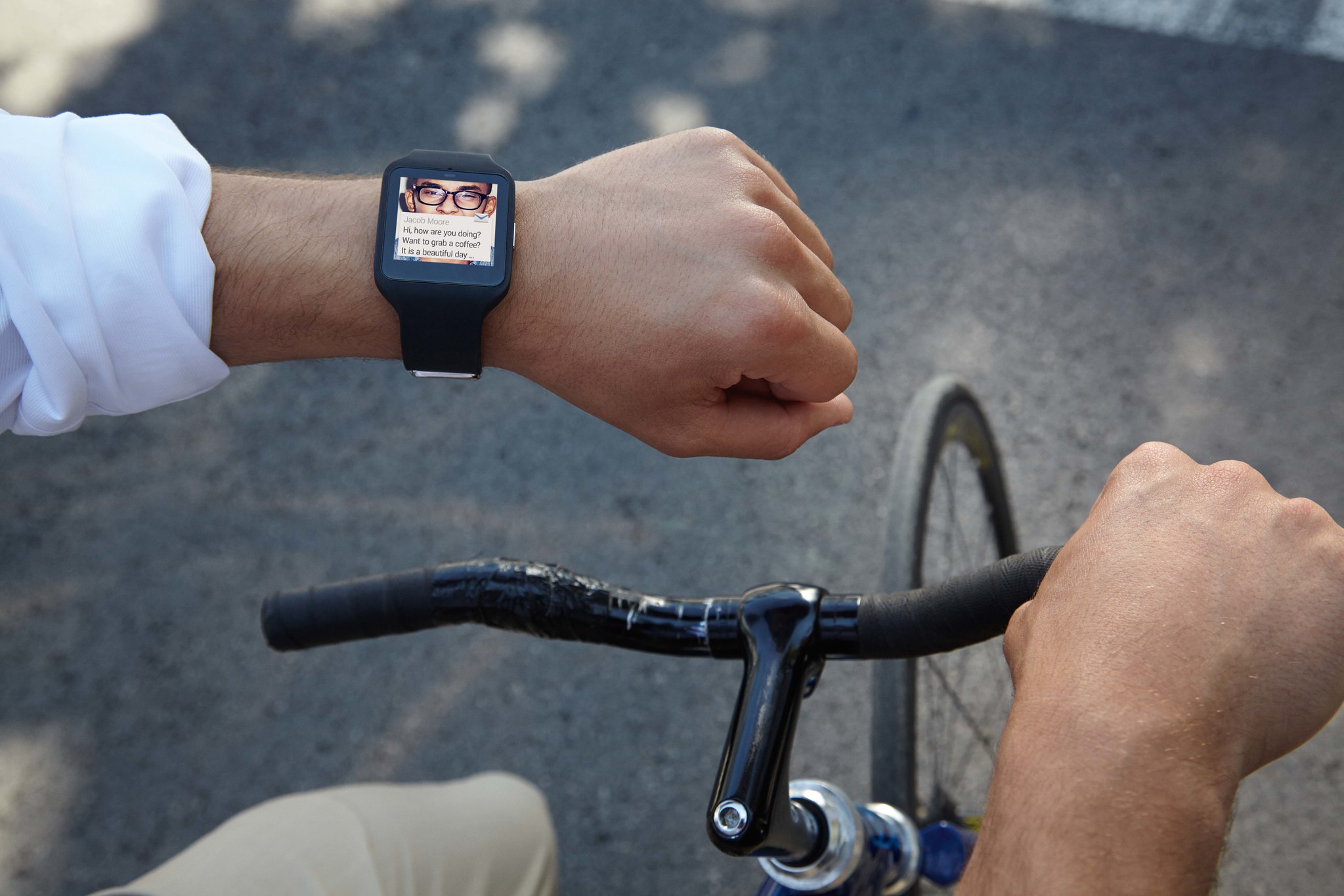Five times a day, people awaiting trial or deportation can be prompted by an app to scan their face. Together with location data, the information will be stored by the prison administration for up to six years.
The UK Ministry of Justice wants to track convicted criminals with the help of detachable smartwatches. This is reported by the Guardian, citing plans by the prison administration. The practice would only apply to foreign national offenders (FNOs) awaiting trial or deportation. It would also enforce curfews and bans on entering certain regions.
Alternatively, the wearing of an electronic ankle bracelet could be ordered. With both systems, the Ministry of Justice plans to monitor the behaviour of about 21,400 people over the next three years, which is about 6,000 more than in March 2022. If they violate bail conditions, the prison administration will inform the Ministry of the Interior for further action.
Request for scan is random
The government describes the new form of surveillance as a cost-effective alternative to detention, according to a report by the Office of the Auditor General in June this year. It is intended to protect the public and reduce the risk of recidivism. The Home Office told the Guardian that the system was not being used for asylum seekers.
Those affected will have to scan their faces with the watches up to five times a day, using an app to report their location. They can be prompted to do so randomly at any time. A facial recognition technology then confirms the authenticity of the person. To do this, the photos taken are compared with facial images in police databases. If this fails, a manual check is performed. This procedure could then be carried out by an officer.
The photo is enriched with further information and stored, including the name, date of birth and nationality of the person concerned. All data would be kept for up to six years. In addition to the Ministry of the Interior and the Ministry of Justice, the police would also be allowed to access it. Surveillance would be intercepted via the Ministry of Interior’s satellite tracking service.
Originally planned system withdrawn
The system is to be rolled out in the Kingdom in the coming months, at a cost said to be around six million pounds (around seven million euros). Originally, the prison administration wanted to procure the smartwatches from the company G4S, which is also responsible for electronic ankle bracelets. A system developed by the end of 2020 was considered by the authority to be ready for the market at that time, of particular interest was the accuracy of the facial recognition.
A year later, the Ministry of Justice decided not to pursue G4S smartwatches any further. The reason given was that the operating system does not meet government “cybersecurity standards”. The government is now buying the devices from the British technology company Buddi Limited, which specialises in home emergency calls using smartwatches.
The contract with Buddi for electronic monitoring of “non-fitted devices” is publicly available, but the number of devices to be supplied is blacked out. There is also no reference to any risk assessments that were carried out before the decision was made to take the measure. This would have enabled the ministries to determine whether it is appropriate to intercept foreign criminals in this way.
“Seismic change from GPS devices cannot be overstated”
However, last year the Ministry of the Interior had carried out a data protection impact assessment, which was made available by Privacy International via Freedom of Information. The organisation specialises in human rights in the digital space and issued a statement on the plans in May.
“The seismic change resulting from the introduction of GPS devices cannot be overstated,” Privacy International criticises. Such a system thus goes beyond the mere monitoring of bail violations using electronic surveillance, as provided for in the law.
Those concerned are responsible for the operational readiness of the smartwatch. These must be charged for several hours every day. Faults with the device or the battery system could be interpreted as violations of the bail conditions, Privacy International warns. This raises the question of how they can correct these mistakes, which are then recorded in their immigration file.
Persistent surveillance worsens mental health
Through their opaque technologies and algorithms, private companies are facilitating state discrimination and human rights abuses without being held accountable, Privacy International lawyer and counsel Lucie Audibert tells the Guardian. No other country in Europe uses such dehumanising and invasive technology against migrants.
The newspaper also quotes Dr Monish Bhatia, a criminology lecturer at Birkbeck University of London. He warns that the compulsory wearing of smartwatches with facial recognition could lead to symptoms such as anxiety, depression, suicidal thoughts and a general deterioration in mental health.
Image: The smartwatch scans the face of the person and logs their location (symbol photo) (Stiftelsen Elektronikkbransjen, CC-BY 2.0).





Leave a Reply